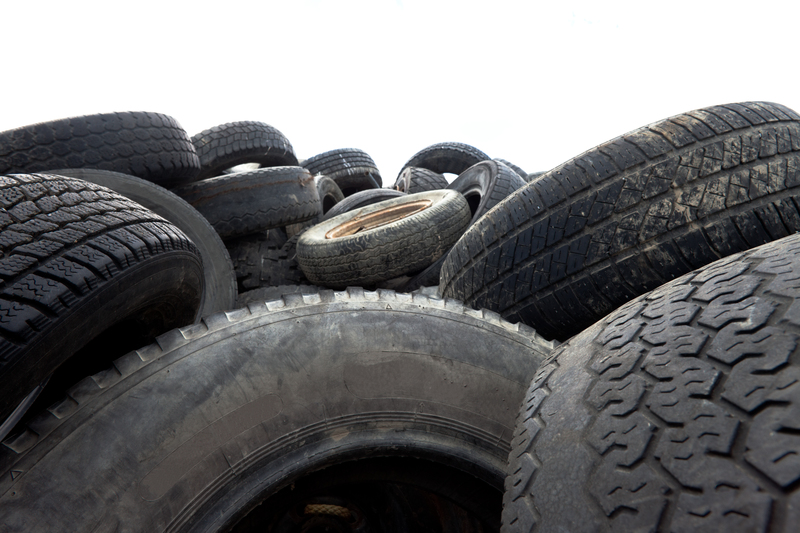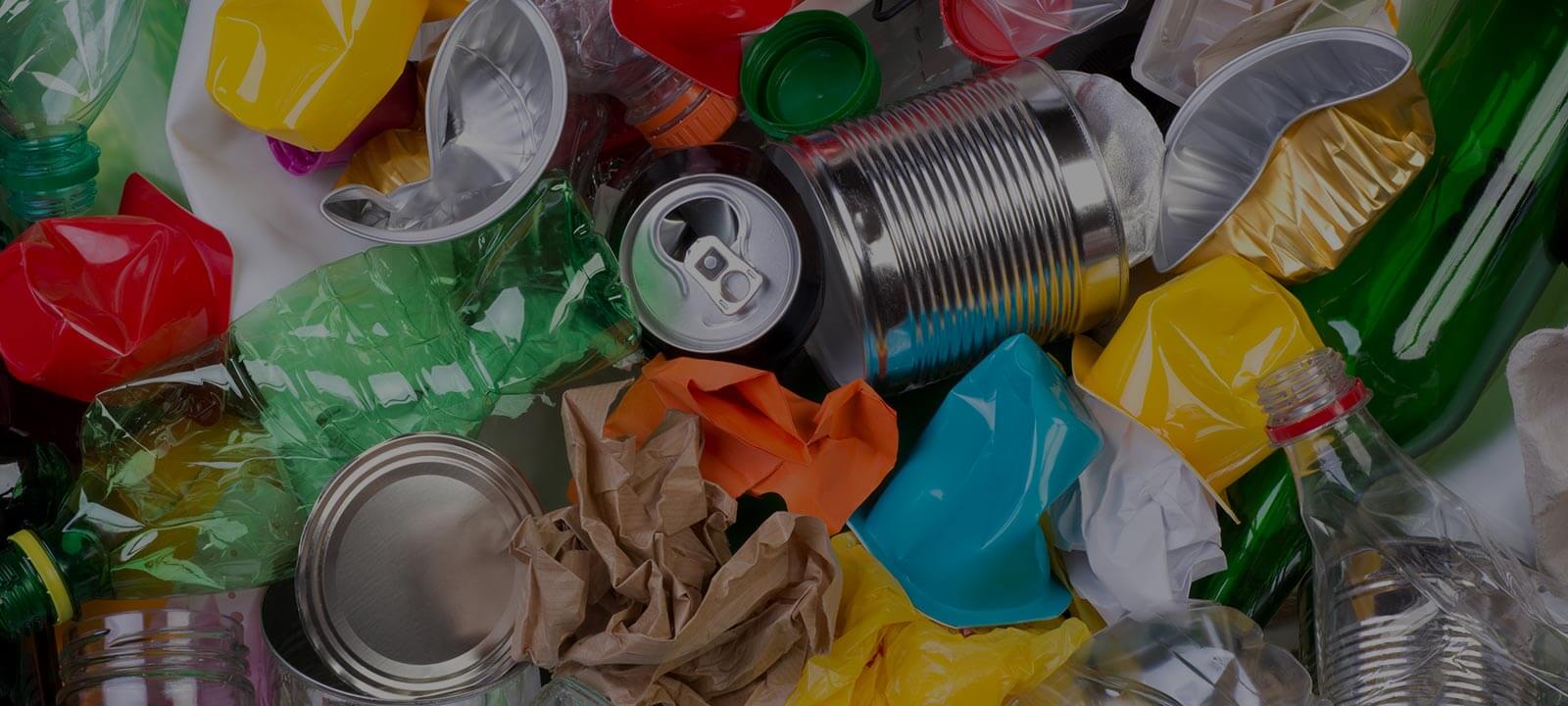Recycling Strategies for Non-Compostable Garden Materials
Posted on 18/10/2025
As we become increasingly aware of the impact our actions have on the environment, more and more people are taking steps to reduce their waste and live a more sustainable lifestyle. This includes efforts in the garden, where composting has become a popular way to turn organic waste into nutrient-rich soil. However, not all garden materials can be composted, leaving many gardeners wondering what to do with non-compostable waste. Thankfully, there are several recycling strategies that can help turn these materials into a sustainable resource. In this article, we will explore some of the most effective ways to recycle non-compostable garden materials.
What are Non-Compostable Garden Materials?
Before we dive into recycling strategies, it's important to understand what qualifies as non-compostable garden materials. Essentially, these are any materials that cannot be broken down naturally by microorganisms in a compost pile. This includes items such as plastics, metals, treated wood, and synthetic fabrics. These materials can take hundreds of years to decompose in a landfill and can release harmful chemicals into the soil and water.

Recycling Strategies for Non-Compostable Garden Materials
1. Plastic Recycling
Plastic is one of the most common non-compostable materials found in gardens. Instead of throwing plastic plant pots and trays away, consider recycling them instead. Many garden centers now offer plastic recycling programs or you can search for local recycling centers that accept plastic.
2. Metal Recycling
Similar to plastic, metal plant containers can also be recycled at specialized facilities. You can also get creative with metal waste by upcycling it into garden decor or using it as supports for climbing plants.
3. Composting Leaves and Branches
Leaves and branches cannot be added to a traditional compost pile due to their slow rate of decomposition. However, they can be transformed into nutrient-rich mulch through a process called chipping or shredding. This shredded material can then be used as mulch in your garden, reducing the need for chemical fertilizers.
4. Reuse Treated Wood
Treated wood, often used for garden beds or raised planters, should not be composted due to the chemicals used to treat it. Instead, consider reusing the wood for other projects such as building structures or creating pathways in your garden.
5. Textile Recycling
Old clothing and fabric scraps can also be recycled instead of thrown away. Many municipalities have textile recycling programs that accept these items and turn them into new products such as insulation or carpet padding.
The Pros and Cons of Recycling Non-Compostable Garden Materials
Pros:
1. Reduces waste: Recycling non-compostable garden materials helps divert them from landfills, reducing the amount of waste we produce.
2. Creates a sustainable resource: By recycling these materials, we are giving them a new life and turning them into useful resources for our gardens.
Cons:
1. Requires effort: Recycling may require more effort than simply throwing items away, but the benefits far outweigh the extra work.
2. Limited options: Depending on your location, you may have limited options for recycling certain materials.
Tips for Effective Recycling
- Stay informed: Keep up-to-date with local recycling programs and guidelines to ensure you are properly disposing of all non-compostable materials.
- Reduce and reuse whenever possible: The best way to reduce waste is to avoid it altogether. Look for reusable alternatives to single-use items.
- Get creative: Upcycling can be a fun and creative way to repurpose non-compostable materials into something useful.

Takeaways
When it comes to recycling non-compostable garden materials, the key is to think outside the box and find alternative ways to use these items rather than simply throwing them away. From plastic and metal containers to leaves and branches, there are many options for turning waste into a sustainable resource. By taking small steps to recycle, we can all contribute to a healthier and more sustainable environment.
Conclusion
Recycling non-compostable garden materials may require some extra effort, but the benefits for both our gardens and the environment are worth it. By following these simple strategies and being creative with our recycling, we can significantly reduce the amount of waste we produce and create a more sustainable future for our planet. So next time you're in the garden, think twice before throwing away those non-compostable materials and consider how you can give them a new purpose through recycling.
Latest Posts
Alternatives to Common Plastic Items
Recycling Strategies for Non-Compostable Garden Materials






